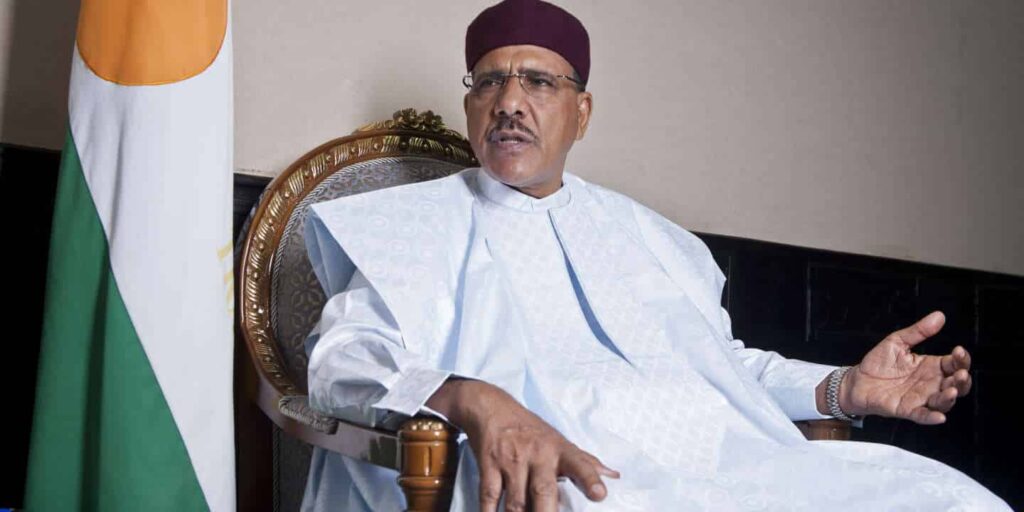
Beyond the People of Niger
On the fateful day of the 26th of July 2023, Niger witnessed a significant political upheaval as a coup d’état unfolded, shaking the nation’s stability and creating ripples across the subregion. In the coup, Niger’s presidential guard detained the democratically elected president, Mohamed Bazoum, leading to widespread concerns about the effects and consequences this political turmoil would have on the citizens of Niger and the broader West African subregion. IAHRAC considered the coup as an intentional act to plough the country into an economic crisis and call for an immediate return of the country to civilian rule. Some of the difficulties the country may face include but are not limited to: Uncertainty and Political Instability
The coup in Niger will throw the country into a state of uncertainty and political instability. The sudden removal of the elected president by the military has left a void in the country’s leadership, creating an atmosphere of fear and anxiety among the citizens. The lack of clear leadership and a functioning government can lead to administrative challenges, which may affect essential services and public welfare.
Human Rights Concerns
The detention of President Mohamed Bazoum raises concerns about human rights violations in Niger. In any coup, there is a risk of civil liberties being curtailed, and citizens’ rights might be at stake.
The international community has closely scrutinised the situation, and reports of violence or suppression of dissent could have significant repercussions on Niger’s international standing.
Regional Security Concerns
The coup in Niger also raises regional security concerns. Niger is located in the heart of the Sahel region, a volatile area already grappling with terrorism and armed insurgencies. Political instability in Niger could potentially exacerbate security challenges and create opportunities for extremist groups to exploit the situation. This instability may have broader implications for the subregion’s peace and stability.

Diplomatic Reactions
The coup in Niger has elicited various reactions from the international community. Many nations have condemned the coup and called for a return to constitutional order. Diplomatic efforts to mediate the crisis and find a peaceful resolution that is crucial to prevent further escalation and instability in the region.
Social and Humanitarian Concerns
The coup’s consequences on the citizens of Niger extend beyond the political realm. It can disrupt essential services, exacerbate poverty, and cause displacement due to insecurity. As the situation unfolds, there might be increased humanitarian needs that require urgent attention, including food, shelter, and medical assistance for those affected by the coup.
In conclusion, the coup in Niger will have far-reaching effects on the country’s citizens and the West African sub-region. The political instability, human rights concerns, economic impact, and potential security challenges are some of the pressing issues that need to be addressed promptly and collectively. The road to restoring democracy and stability in Niger will require regional cooperation, diplomatic efforts, and a genuine commitment to addressing the underlying socio-political grievances to avoid further harm to the nation and its people.